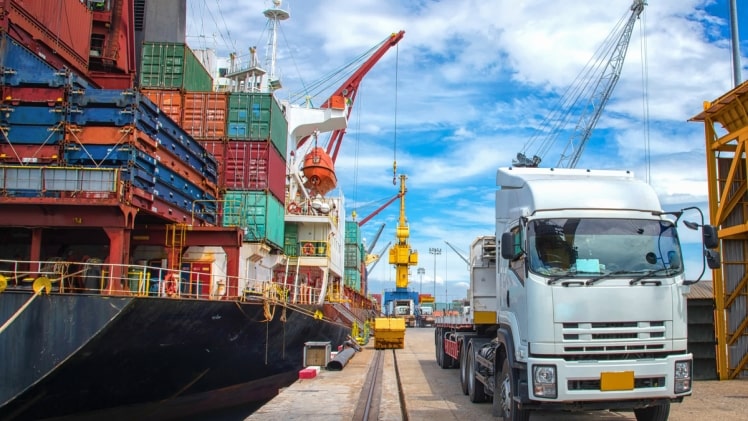The freight forwarding industry is constantly evolving and adapting to new technology. This means that the future of freight forwarding will likely be very different from the present. Freight forwarding entails coordinating and shipment of goods from one place to another. Traditionally, freight forwarding has been a manual process, with forwarders relying on paper documents and phone calls to coordinate shipments. However, the industry is now adopting new technologies that can streamline the process and make it more efficient.
One of the most important changes in the freight forwarding industry is the move toward digitalization. This means forwarders increasingly use computerized systems to track shipments, schedule pickups and deliveries, and process paperwork.
Here are some of the key ways in which technology is likely to shape the future of freight forwarding services:
1. Automation will become increasingly important
One of the most important changes likely to occur in the freight forwarding industry is the increasing automation of various processes. This will help to improve efficiency and accuracy and reduce the need for manual labor.
2. Blockchain technology will become more widely used
Another key trend likely to shape the future of freight forwarding is the increasing use of blockchain technology. This distributed ledger technology can provide some benefits, including improved security, transparency, and traceability, backed by dependable IT support.
3. The use of artificial intelligence will grow
Another area where technology is likely to have a major impact is artificial intelligence (AI). This could be used for route planning, tracking shipments, and identifying potential problems.
4. Big data will become more important
Another key trend likely to shape the future of freight forwarding is the increasing importance of big data. This vast amount of data can improve decision-making, identify trends, and provide insights into customer behavior.
5. The role of humans will change
As technology increasingly shapes the future of freight forwarding, the role of humans is likely to change. Forwarders will need to adopt a more strategic approach and focus on tasks that require human expertise, such as customer service and sales.
6. Technology will continue to evolve
Of course, it’s impossible to predict exactly how technology will evolve over the coming years. However, it will continue to impact the freight forwarding industry significantly. As new technologies emerge, forwarders must adapt and adopt them to stay ahead of the competition.
7. There will be a shift towards sustainable shipping
As global awareness of environmental issues grows, there is likely to be a shift towards sustainable shipping practices. This could involve using electric vehicles, alternative fuels, and more efficient container designs.
8. The freight forwarding industry will become more globalized
The freight forwarding industry will likely become more globalized as the world becomes increasingly connected. This will require forwarders to understand different cultures and customs better.
Predicting the future is always difficult, and many factors could shape the future of freight forwarding in unexpected ways. However, one thing is certain – the freight forwarding industry is constantly evolving, and new technologies will continue to impact how it operates significantly.

